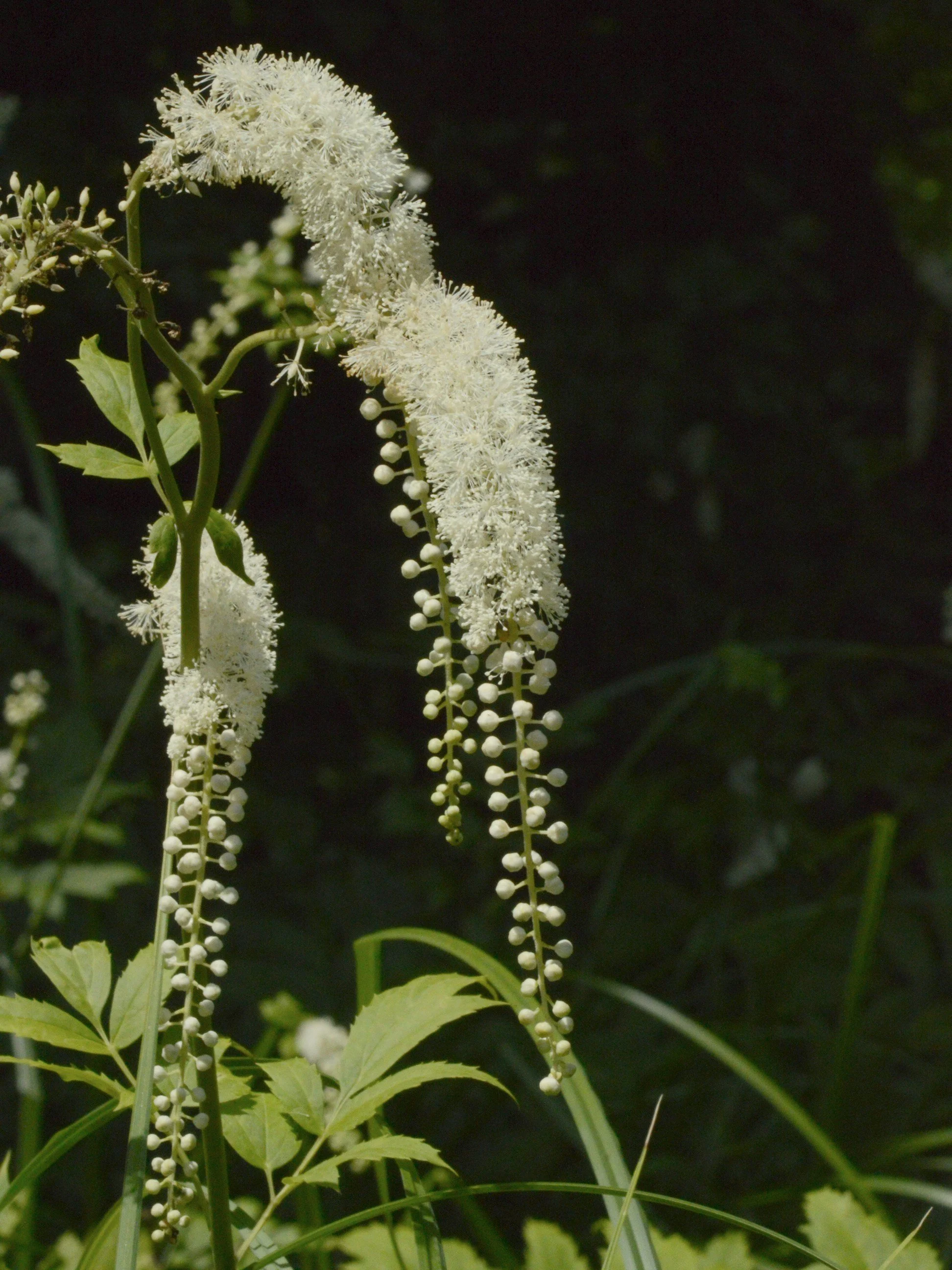Botanicals for Perimenopause & Menopause Support
Written By Kelcie Rosendahl, ND
Perimenopause and menopause have recently become more popular conversation topics among women than they once were. I have more patients bringing up their hormonal concerns at the clinic than ever before. My friends are discussing their menstrual cycle changes and it seems that every-other social media influencer is backing a “menopause support” or “holistic hormone help” product. I am thrilled that women are talking!
You do not need to silently suffer through disruptive symptoms that affect your quality of life as there are many effective and safe treatment options available.
What Is Perimenopause? Symptoms and Timing
Perimenopause marks a woman’s initial transition into menopause. Hormonal fluctuations occur during this time that can cause symptoms such as menstrual cycle irregularities, sleep disruption, mood changes, weight gain, changes in sex drive and hot flashes, just to name a few.
Perimenopause can begin as early as the mid-to-late 30s in some women but may not occur until the late 40s or early 50s in others.
Why Perimenopause Can Feel Challenging
This time of life can be challenging, with many women feeling confused and frustrated about why they suddenly feel different. Some women may feel betrayed by their bodies or like they are living in a different one altogether. \
There are many ways to address these hormonal fluctuations, including dietary and lifestyle changes, targeted supplementation, herbal medicines and hormone replacement therapy (HRT). Although all of these have their place, today I am going to spend time discussing the botanicals I use most in my practice.
Herbal Medicine for Perimenopause & Menopause: Phytoestrogens and Adaptogens
There are two classifications of herbal medicines I lean on most frequently for the hormonal changes seen in perimenopause and menopause. These are the phytoestrogens and adaptogens.
Phytoestrogens are plants with estrogenic-like compounds. These compounds are able to bind to our estrogen receptors, in the same way that estrogen does, and can thus minimize symptoms of decreased estrogen (like low libido, hot flashes, etc).
Adaptogens are botanicals that have a normalizing effect on the physiology. They are especially good at regulating the nervous system due to their effect on cortisol levels.
The Role of Cortisol in Hormone Balance
Cortisol is our primary stress hormone. When there is chronically elevated cortisol present or cortisol is released inappropriately (think being stuck in a traffic jam), many bodily processes can be negatively affected, including the formation of and metabolism of our sex hormones.
Common Phytoestrogens and Adaptogens for Perimenopause Relief
Here are some specific phytoestrogens I commonly use in my practice:
Red clover
Black cohosh
Maca root
Soy isoflavones
Evening primrose oil
Adaptogens that come in handy include:
Ashwaghanda
Maca root
Rhodiola
Each one of these plants have slightly different effects on the body and slightly different implications. For example, a woman with moderately severe night sweats and an intact sex drive may be a great candidate for black cohosh or red clover, whereas maca might be the best choice for a woman with moderate night sweats and low libido.
Red Clover, Black Cohosh, and Maca Root Benefits
Red clover and black cohosh are great options for relief from hot flashes! Studies have shown that both of these plants contain isoflavones, plant-based chemicals that produce estrogen-like effects in the body. Isoflavones have shown potential for the treatment of several symptoms associated with menopause, such as hot flashes, cardiovascular health, and minimizing the risk of developing osteoporosis. The isoflavones found in these herbs are capable of binding to estrogen receptors which may increase estrogen levels and possibly increase risk of breast cancer in women with hormone receptor positive breast cancer, so as always make sure you talk to your doctor before starting this or any other herbal regimen.
Maca root is both a phytoestrogen and an adaptogen. Maca can be especially helpful in women when there is long-term or significant stress, or nervous system dysregulation as part of her symptom picture. Maca is also especially helpful for increasing libido levels in women as balancing cortisol levels can help to balance sex hormones and improve mood and feelings of overall well-being.
Final Thoughts: Supporting Hormonal Health Naturally
Botanicals can be extremely helpful for mid-life hormonal changes. Perimenopause and menopause are big topics and there is much more to say. My hope is that this information will give you a starting point for your own research. Remember, every woman has their own unique physiology and your experiences are valid and your concerns are worth addressing!
You don’t have to navigate these changes alone!
You don’t have to navigate these changes alone. If you’re curious about how natural support could ease your transition, book a discovery call with any of our Naturopathic Doctors so we can explore what might work best for you.





